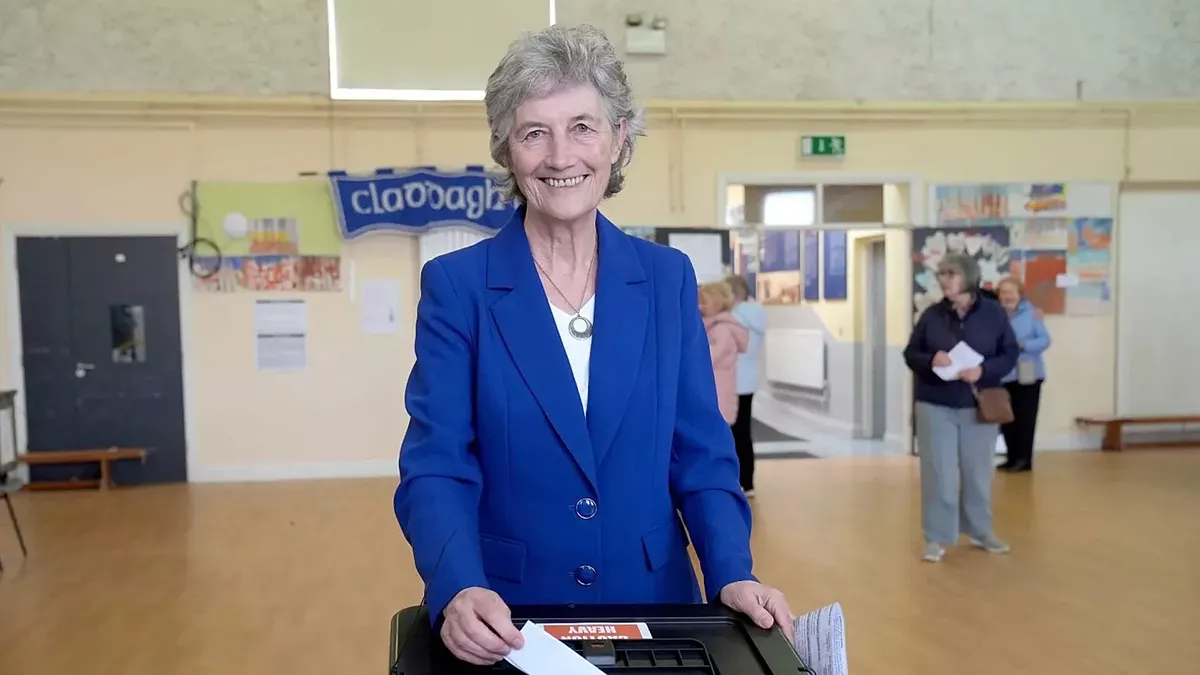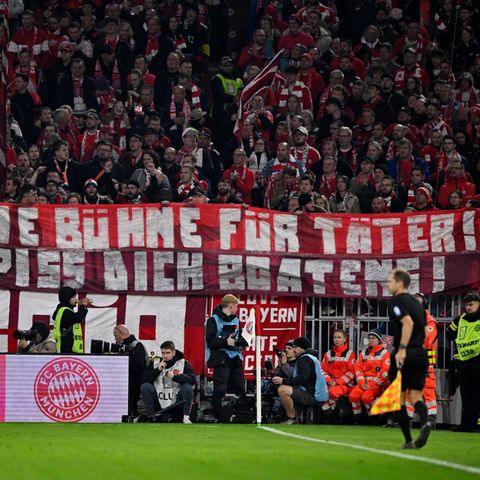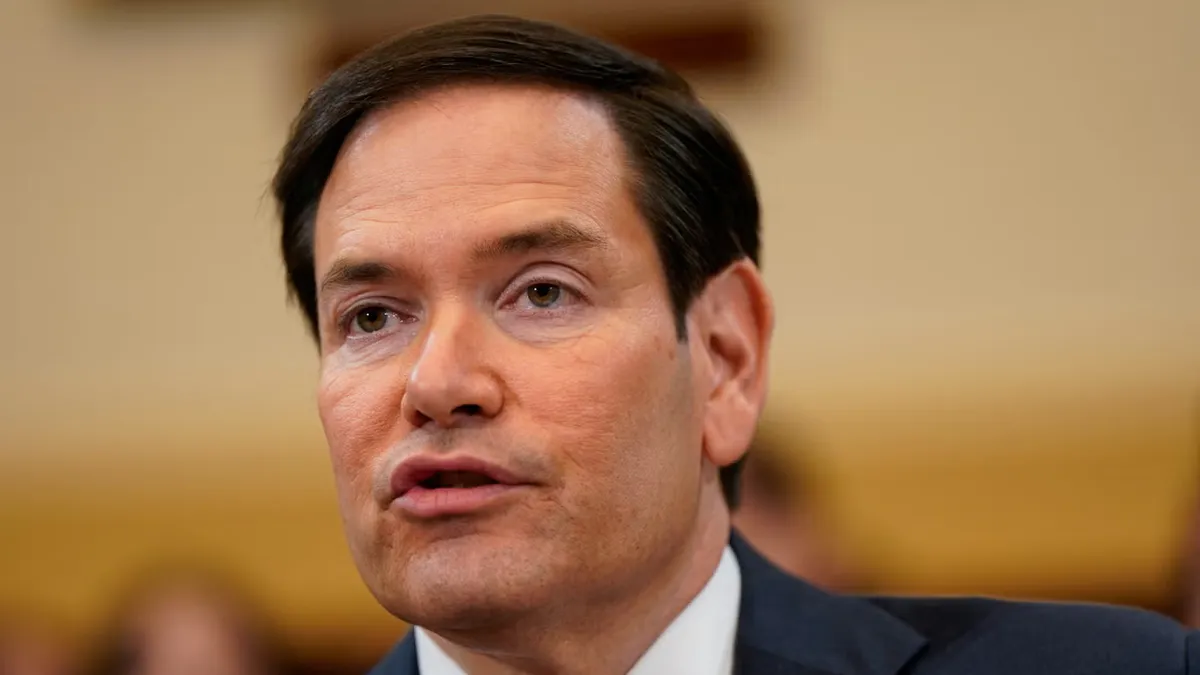The Catholic German bishops will meet in Augsburg on Monday – but the Pope has taken the most important item off their agenda.
The four-day spring general meeting of the German Bishops’ Conference begins on Monday (2:30 p.m.) in a crisis-ridden mood. Shortly before the meeting in Augsburg, the Vatican intervened and effectively banned the German co-religionists from voting there. The bishops wanted to vote on the statutes of the Synodal Committee. This committee is intended to prepare a synodal council in which clergy and lay people will make decisions on an equal basis in the future.
However, the Vatican has already pointed out several times that this is not the case in the Catholic Church. According to the classical understanding, the Pope and the bishops appointed by him have the say.
The canon lawyer Thomas Schüller, who is himself a member of the Synodal Committee, sharply criticized the Vatican’s actions. The intervention from the highest authorities demonstrates Rome’s “panicked fear that in the future bishops in Germany will have to seek binding advice from the faithful,” Schüller told the German Press Agency. “It is a direct declaration of no confidence in the German bishops who are willing to reform, headed by their chairman, Bishop Georg Bätzing from Limburg.”
Schüller described the Vatican’s intervention as a “punch in the stomach” for Bätzing and the other reformers. “The Pope deeply distrusts the German Church and its bishops.” How arbitrary Francis’ decision is is also shown by the fact that he approved a statute for the Amazon region in which bishops and laypeople have equal rights and the right to vote. “This makes it clear: In the Catholic Church, the Pope alone decides what synodal means from his point of view and who he allows and who he doesn’t.” As a result, this word of power means the end of the Synodal Committee.
“Synodal path” is intended to redistribute power in the church
The theologian Daniel Bogner warned the German bishops not to give in now and withdraw their promise of reform. “If they bow to the Roman demand, the Central Committee of German Catholics, the representative body for the laity, will perceive this as a betrayal of the promise given to give a binding answer to the abuse crisis,” Bogner told the dpa. The bishops must now decide whether they are willing to accept a limited violation of the rules in obedience to the Vatican authorities and their understanding of church unity. “Rome is currently escalating the situation to such an extent that the bishops can no longer avoid this balancing of interests.” The situation shows that the Catholic church structure urgently needs to be “freed from its monarchist shell”.
The broader distribution of power and other reform projects are results of the “Synodal Path” reform process, with which the Catholic Church in Germany responded, among other things, to the mass sexual abuse of children by priests. As a consequence, structures that have facilitated abuse should be changed. The majority of bishops are convinced that this also means that important decisions are made not only by them, but also by normal believers without ordination – the so-called lay people.
Source: Stern
I have been working in the news industry for over 6 years, first as a reporter and now as an editor. I have covered politics extensively, and my work has appeared in major newspapers and online news outlets around the world. In addition to my writing, I also contribute regularly to 24 Hours World.




